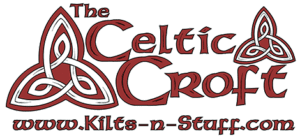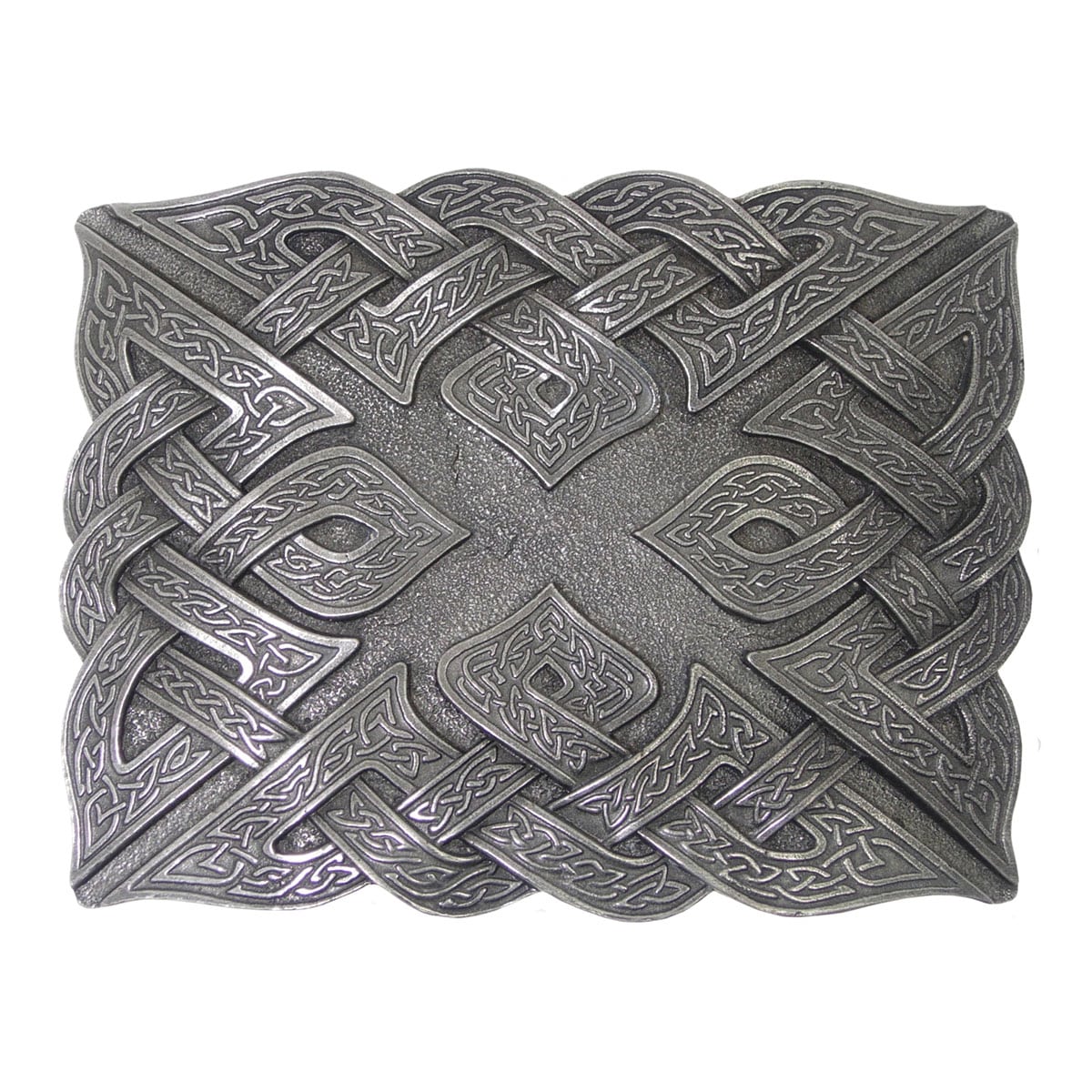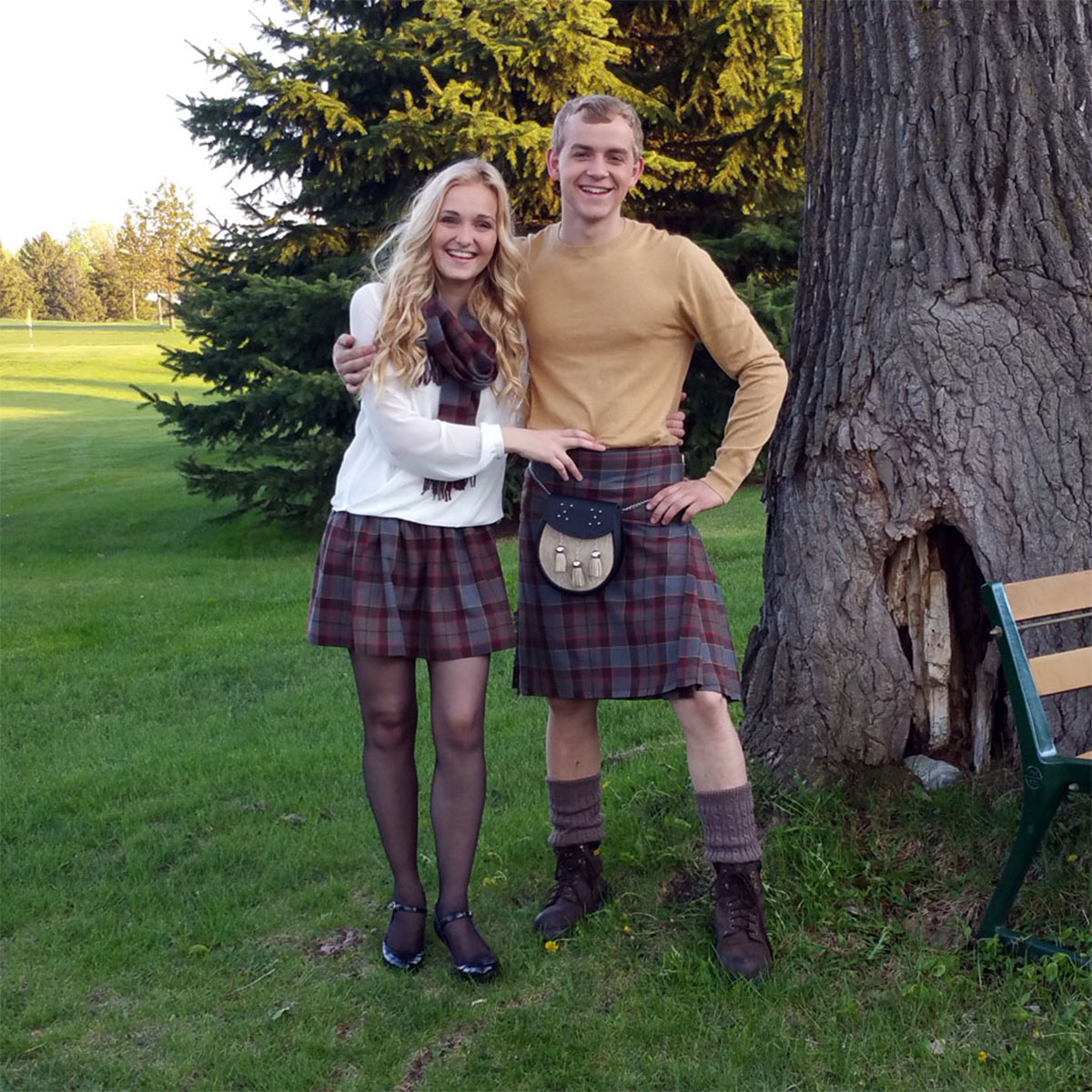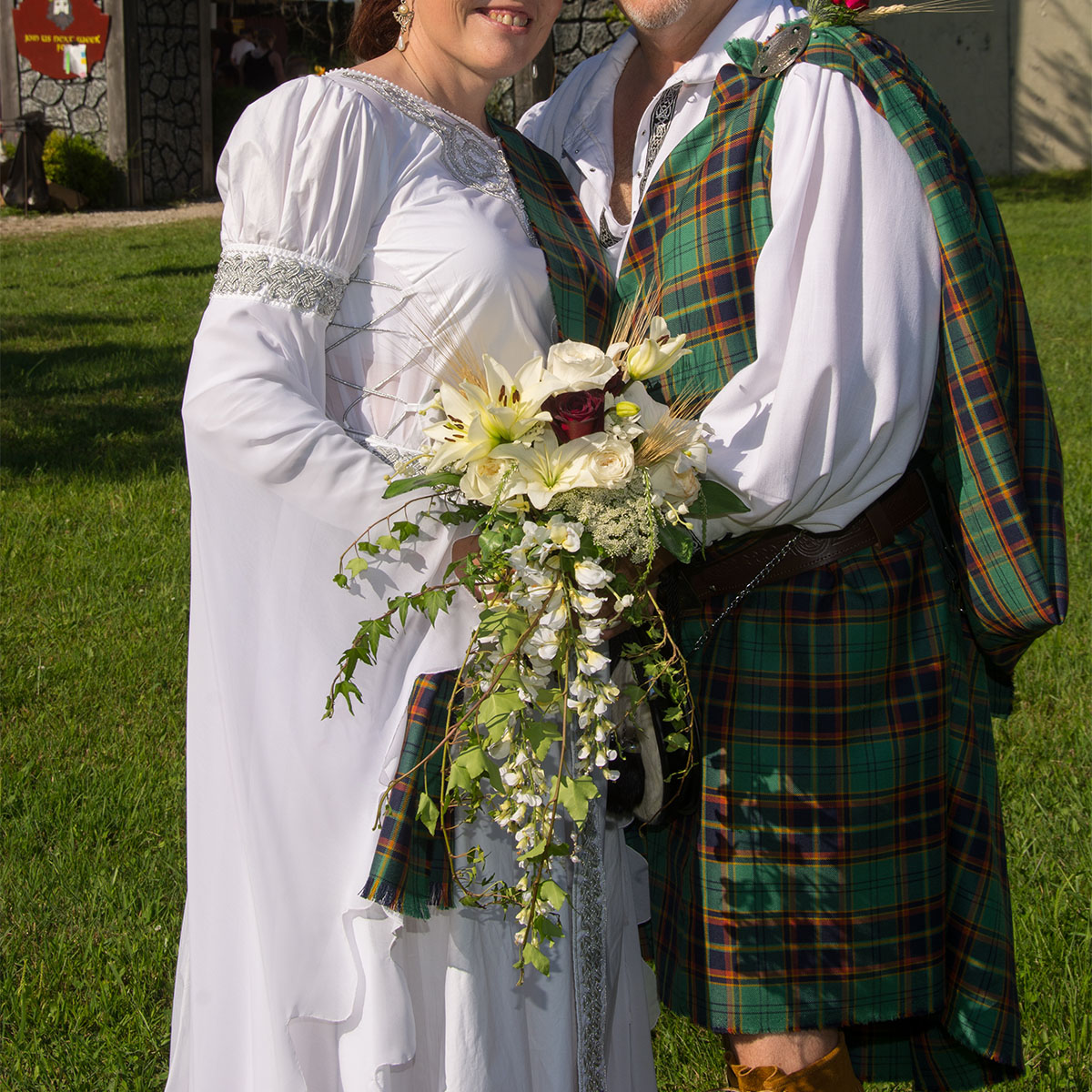Originally published November 2015
The Tripartite Life of St. Patrick, or Vita Tripartita Sancti Patricii, is a bilingual (both Irish & Latin) life of Saint Patrick dating to the late 9th century and is the earliest surviving example of a saint’s life written in Irish.
If read correctly, one point Patrick wanted to rest from his work “to remain here on a little land, after faring around churches and waters, since I am weary, I would not go.”
But an angel tells him he must continue his work “Though thou art weary… thou shalt go.” At that, St Patrick climbed to the top of the mountain now known as Croagh Patrick in Country Mayo.
The Angel tells him that God has refused and that his request is “excessive and obstinate.” To which Patrick replies, he would not leave the mountain until “I am dead, or until all my requests are granted.”
“So Patrick stayed on the Croagh with much badness of mind without drink and without food from Shrove Saturday to Easter Saturday”
Although fasting is usually looked on as a form of sacrifice or devotion, according to ancient Irish law, it could also be used as a form of protest against someone who had wronged you. Fasting was of a higher social station and therefore protected from legal redress of the wrong. It is an ancient practice and seems to date back to Indo-European beliefs.
In Irish tradition, the victim would sit outside the house of the person who wronged him from dawn until dusk and refuse to eat. This ritually brought down bad luck or spiritual pollution on the wrongdoer who could either confess and make up for what they had done, or counter-fast to show their innocence.
Thus, St. Patrick was sitting on the mountaintop outside God’s heavenly house and began his fast. It seems to me a little more like he was being a petulant child whose wishes were not being granted.
Even God seemed to lose his patience for a while and sent birds to pester St. Paddy to end his protest.
“Now at the end of these forty days and forty nights the mountain swarmed with black birds so that you could not tell sky apart from earth. Patric sang “malicious” psalms at them. But the birds did not leave him. After he got angrier and he struck his bell so that all the Irish heard its chime… Then Patrick wept until his face and his tunic were soaked through… At last the angel came and cleaned his tunic and brought white birds around the Croagh and they sang sweet tunes to him.”
Finally, the Angel makes an offer and tells Patrick that if he ceases his fast on the mountain, he may bring “as many souls out of Hell as will fill the distance your eyes reach over the sea.”
But this was not enough for Patrick, so the Angel offered to let him save seven souls from Hell every Saturday until Doomsday. Patrick countered -make it twelve souls. The Angel agreed, but Patrick would still not agree to leave the mountain.
More concessions for more souls are offered, and it seems even the rest of creation became tired of the matter. “All creatures visible and invisible, including the twelve apostles,” went to the Lord to finally agree to the last clause: that at the end of the world, God would let Patrick himself would be the judge over the men of Ireland on that day.
This may seem all well and good for the Irish, but it just doesn’t seem like the best example of respectful behavior to share with one’s children… 😉




